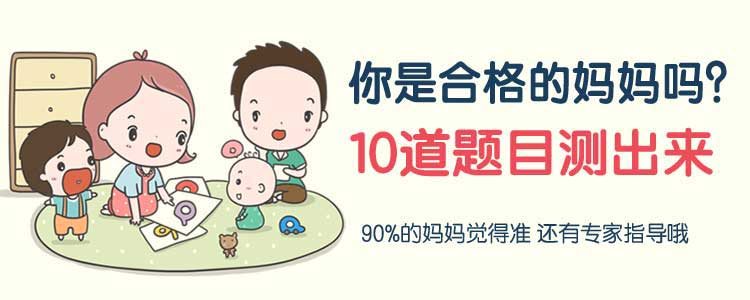【英语作文】介绍春节的英语作文
 佚名出处:其他
2016-02-29 16:23
佚名出处:其他
2016-02-29 16:23
Chinese New Year or Spring Festival is the most important of the traditional Chinese holidays. It is sometimes called the "Lunar New Year" by English speakers. The festival traditionally begins on the first day of the first month (Chinese: 正月; pinyin: zhēng yuè) in the Chinese calendar and ends on the 15th; this day is called Lantern Festival. Chinese New Year's Eve is known as chú xī. It literally means "Year-pass Eve".
Chinese New Year is the longest and most important festivity in the Lunar Calendar. The origin of Chinese New Year is itself centuries old and gains significance because of several myths and traditions. Ancient Chinese New Year is a reflection on how the people behaved and what they believed in the most.
Celebrated in areas with large populations of ethnic Chinese, Chinese New Year is considered a major holiday for the Chinese and has had influence on the new year celebrations of its geographic neighbors, as well as cultures with whom the Chinese have had extensive interaction. These include Koreans (Seollal), Tibetans and Bhutanese (Losar), Mongolians (Tsagaan Sar), Vietnamese (Tết), and formerly the Japanese before 1873 (Oshogatsu). Outside of Mainland China, Hong Kong, Macau, and Taiwan, Chinese New Year is also celebrated in countries with significant Han Chinese populations, such as Singapore, Indonesia, Laos, Malaysia, the Philippines, and Thailand. In countries such as Australia, Canada and the United States, although Chinese New Year is not an official holiday, many ethnic Chinese hold large celebrations and Australia Post, Canada Post, and the US Postal Service issues New Year's themed stamps.
Within China, regional customs and traditions concerning the celebration of the Chinese new year vary widely. People will pour out their money to buy presents, decoration, material, food, and clothing. It is also the tradition that every family thoroughly cleans the house to sweep away any ill-fortune in hopes to make way for good incoming luck. Windows and doors will be decorated with red colour paper-cuts and couplets with popular themes of “happiness”, “wealth”, and “longevity”. On the Eve of Chinese New Year, supper is a feast with families. Food will include such items as pigs, ducks, chicken and sweet delicacies. The family will end the night with firecrackers. Early the next morning, children will greet their parents by wishing them a healthy and happy new year, and receive money in red paper envelopes. The Chinese New Year tradition is a great way to reconcile forgetting all grudges, and sincerely wish peace and happiness for everyone.
Although the Chinese calendar traditionally does not use continuously numbered years, outside China its years are often numbered from the reign of Huangdi. But at least three different years numbered 1 are now used by various scholars, making the year 2009 "Chinese Year" 4707, 4706, or 4646.
更多作文素材,请点击——作文大全
-
温馨提示
前往快乐妈咪APP阅读全文,体验更佳
- 取消 确定
绑定手机
绑定手机号用来登录和找回密码:
请输入正确的手机号码
请输入验证码
密码须为8-16个字符的字母数字组合
两次输入的密码不一致
绑定成功
现在您可以畅游太平洋网络旗下的所有网站
3s后窗口自动消失...
